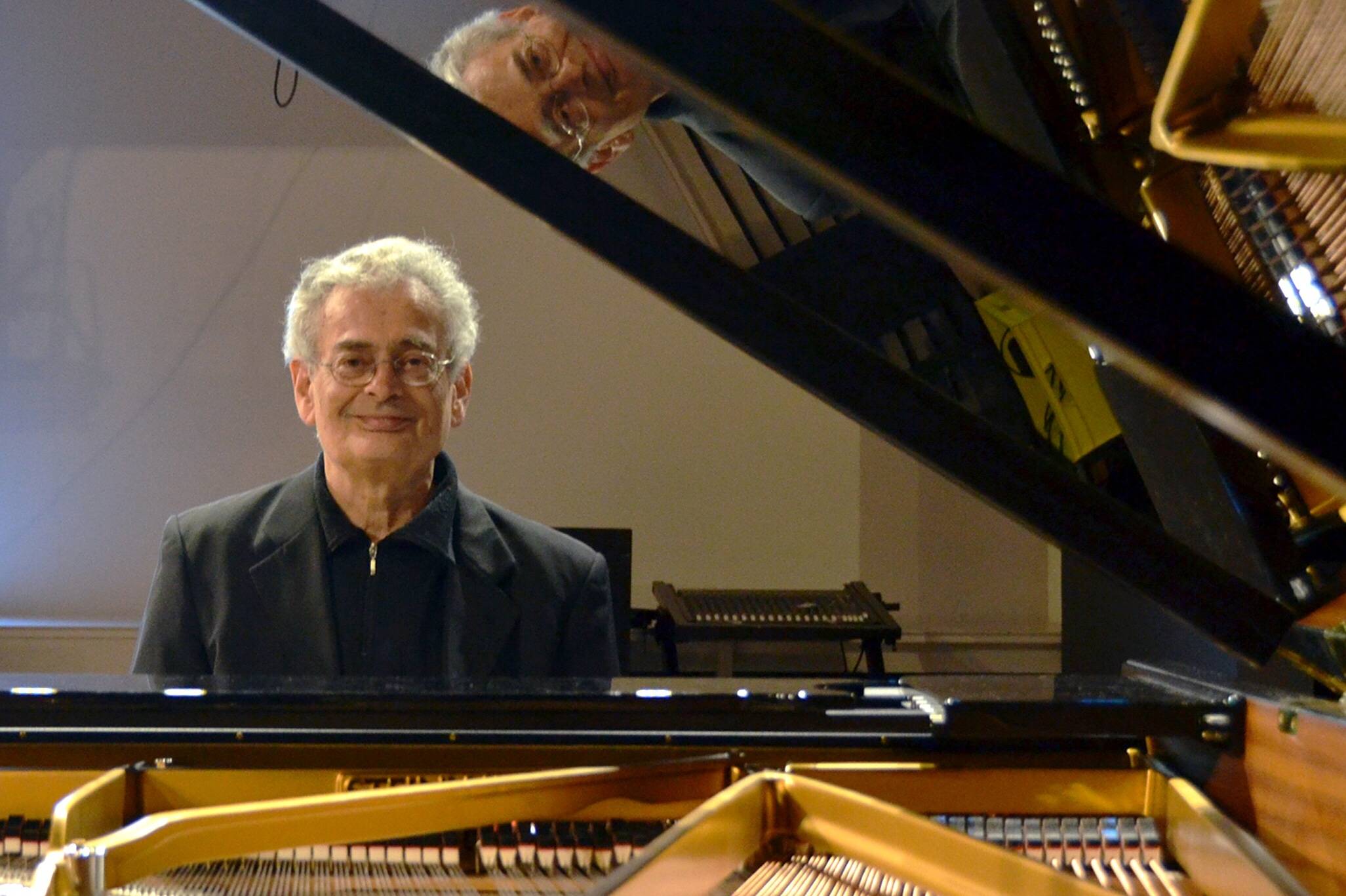The Warsaw Ghetto Uprising of 1943, which lasted from April 19 until May 16, was the single largest revolt by Jewish people during World War II. In marking its 80th anniversary, guests of the Jewish Community of Japan in Tokyo’s Shibuya Ward were treated to a piano performance from Holocaust survivor Janos Cegledy.
The event was held by the nonprofit organization Kokoro (also known as the Tokyo Holocaust Education Resource Center) with help from the Embassy of Israel and the Polish Institute in Tokyo. In addition to speeches from the Israeli, Polish and German ambassadors to Japan, POLIN (Museum of the History of Polish Jews) guide and chief education specialist Mariusz Jastrzab joined online to educate those gathered on what was a true moment of bravery in the Warsaw Ghetto. The audience was visibly moved by Cegledy’s performance.
Born in Hungary in 1937, Cegledy grew up in Nazi-controlled Budapest with his brother. His parents, who were sent to the Mauthausen and Lichtenworth concentration camps, also survived the war. Afterward, the family moved to New Zealand, where Cegledy was educated in music, before heading to West Germany to continue his studies. Since 1967, he has lived in Japan and has taught at Toho College of Music and Musashino Academia Musicae in Tokyo, while also performing internationally.



















With your current subscription plan you can comment on stories. However, before writing your first comment, please create a display name in the Profile section of your subscriber account page.